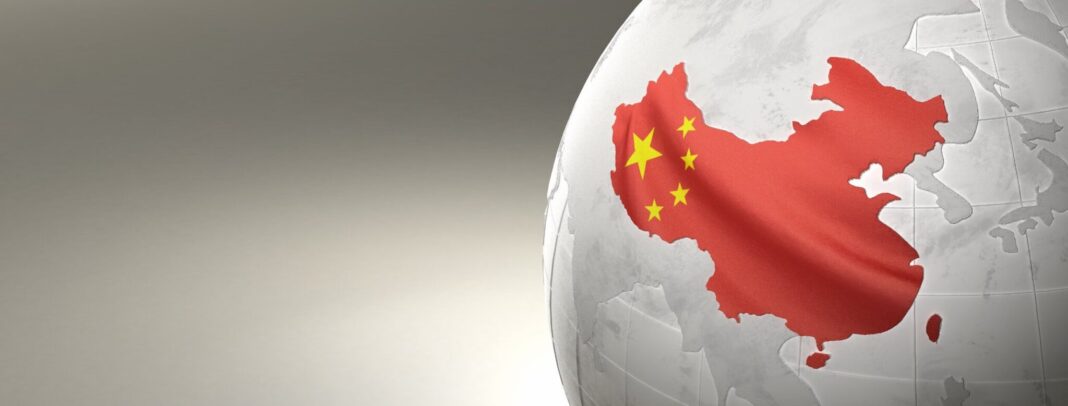The rapid military modernization in the wake of growing Chinese aggression has led to considerable fear of Beijing getting ready for armed combats. However, the reality is different. Chinese military is reeling under several shortcomings including low troop morale, lack of training and repair facilities. Even a self-assessment by the Chinese army revealed that it lags behind the world’s most capable militaries.
In recent years, China has ramped up military drills in the Taiwan Strait, which often lead to violations of Taiwanese airspace. Similarly, it has shown aggressive military behaviour in Indo Pacific region while dealing with territorial disputes with its neighbours. Different reports suggested China was preparing for a war with the US. However, different reports indicate China’s People’s Liberation Army (PLA) has struggling to fix some elementary issues.
A recent report by the US Department of Defense revealed that in a self-assessment Chinese military has acknowledged the insecurities and lack of confidence in executing operations since the PLA has not fought a war since 1979. “Senior Party and PLA leaders are keenly aware that the military has not experienced combat in decades nor fought with its current suite of capabilities and organizational structures,” it reads.
PLA is facing problems in the area of effective integration of joint functions, which include planning, firepower, and reconnaissance capabilities. A few weeks ago, the PLA Daily, the mouthpiece of the communist government of China, sought to improve the morale of Chinese soldiers besides eradicating corruption from the military. Chinese families are not inclined to send their children to the army, creating the problem of building adequate troop strength before the PLA.
China’s one-child policy is a major reason for the problem as Chinese parents do not want their only child to go to the war front and die before they do. Kinichi Nishimura, a former Japanese Ground Self-Defense Force officer, said “Over 70 percent of Chinese soldiers are ‘only children,’ and the rest are the second or later children whose parents had to pay fines to bear them.” Some fresh Chinese recruits were seen crying on a bus while being taken to the Indian border during the 2020 military conflict.
In order to ensure enough troop strength, the PLA now has resorted to recruiting unqualified school graduates, said Zhou Chenming, a researcher at Beijing-based defence think tank Yuan Wang. “The shortage of soldiers is not so critical now, but it’s a reality that more and more highly educated urban children are not interested in serving in the army,” he said.
China’s military budget has continued to soar in the past two decades as Beijing procured advanced, high-tech weapons and equipment. Its defence budget reached USD 230 billion in 2022. Yet, doubts have been cast on China’s ability to use them. “PLA struggles under the legacy of an obsolete command system, rampant corruption, and training of debatable realism, among other issues,” said Timothy R. Heath, senior international defence researcher at California-based RAND Corporation.
Nishimura said China was not able to sufficiently train enough soldiers to properly maintain and repair the high-tech hardware. Earlier this year, a military report acknowledged the shortage of highly skilled troops in China’s navy. “In recent years, as new warships have been commissioned and old ships retired, the problem of ‘equipment awaiting talent’ has become increasingly severe,” said the report.
Political leaders and media in China blamed the lax training attitudes and practices in the PLA, which they said were hindering combat readiness.
Chinese armed personnel were found to be spending a quarter of their time on political work, which led to an adverse impact on the military’s operational readiness. It made them “observers in training and amateurs in battle”, slammed PLA Daily.
The Chinese military is also finding it difficult to train the new generation of youths with the conventional and dogmatic training style. “Some even dared to butt against and challenge superiors when they were not happy. The military was forced to adjust. Some military instructors tell me they are still muddling through how to take charge of younger generations,” Zhou said.

